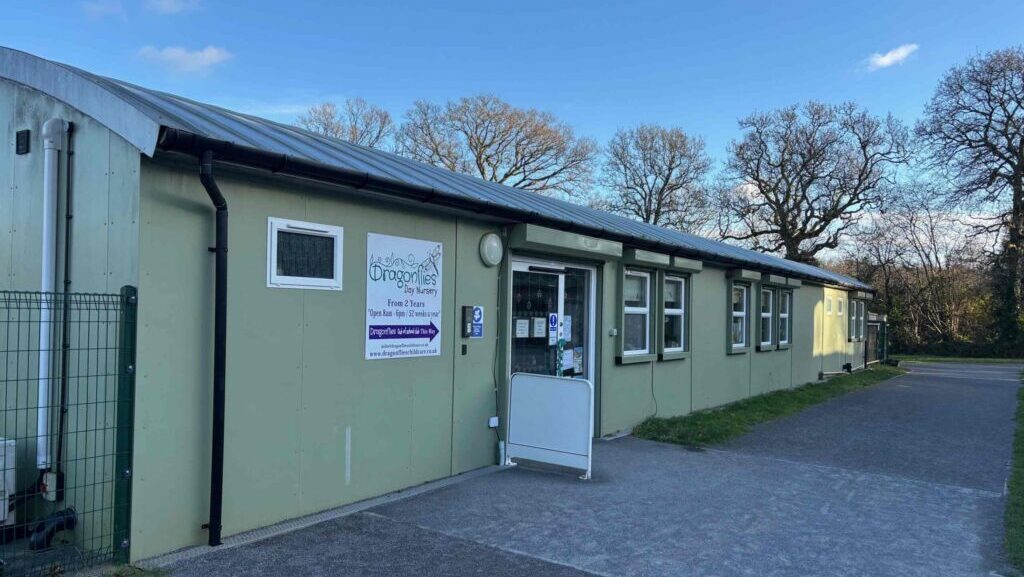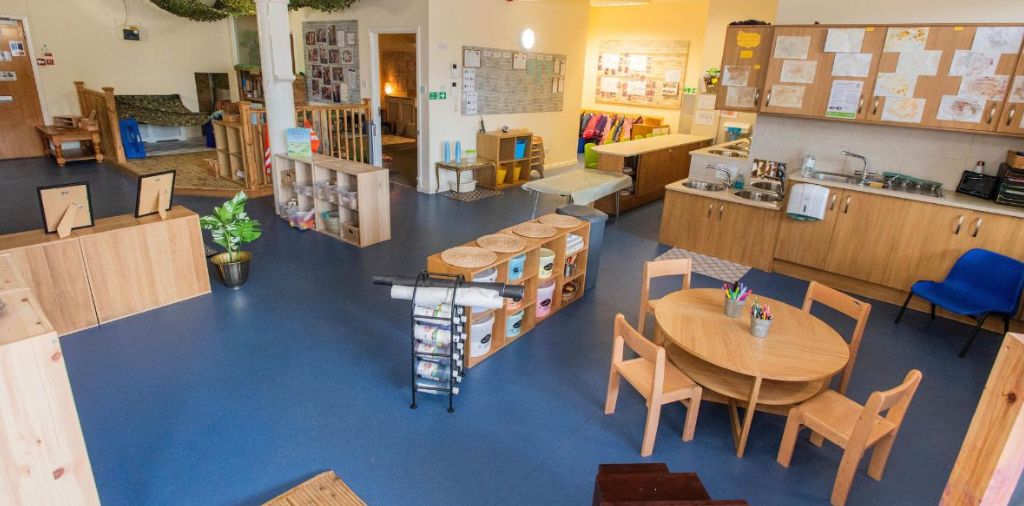The former owner of a group of nurseries is returning to the early years sector with the acquisition of a…
Value of CPD needs closer attention
New research finds half of early years and primary educators feel training and CPD has had little impact
Despite the vast majority of early years settings and primary schools providing CPD for their staff, new research has found that almost half (49%) of early years educators and primary teachers reported that CPD accessed in the past year had had only a ‘little impact’.
The findings are part of a new survey* of more than 300 early years practitioners and primary teachers carried out by Tapestry, the online learning journal used by nurseries and schools.
Encouragingly, 89% of respondents reported that their setting or school provided professional development for all staff, but the findings suggest that the impact of CPD experienced by educators is limited. The survey also revealed respondents’ top three most popular types of CPD:
- In person courses (69%)
- Trainer-led online courses (54%)
- Self-guided online courses (46%).
Dr Helen Edwards, co-founder of Tapestry and a former primary teacher and nursery owner, said: “It is worrying that settings and schools are paying for CPD, and using precious time, when our survey suggests that as much as half may have only limited impact on practice and provision. Whether training is in-house, or through an external provider, a key question has to be how we can take what we learn and apply it in our provision, so we need to ensure trainers and leadership teams always challenge and support us on this.”
Use of technology
Three quarters (74%) of respondents reported that they now made better use of technology than before the pandemic. Although encouraging, the survey found that understanding how much impact technology has on teaching and learning is more challenging.
A fifth (22%) of primary teachers and early years educators reported that they lacked the understanding to measure the impact of technology on their teaching or children’s learning. Andrew Simpson, head teacher at Arundel Church of England Primary School said: “It’s brilliant that schools have jumped forward in their use of technology, but we now need to understand much more about what, and how, technology really supports children’s learning. With this insight we can ensure we can invest resources effectively.”
More CPD support might well address this and 57% reported that their setting or school provided CPD to help staff make the best use of technology to support teaching and learning. However, a fifth reported this wasn’t available at their setting or school.
Encouraging children to think and talk about their learning
Tapestry teamed up with University College London and Manchester Metropolitan University who are leading a project exploring children’s engagement with their online learning journals and their developing metacognition. When supporting children to think and talk about their learning, encouraging conversations between children, modelling thinking and problem-solving language, and providing opportunities for children to explain their ideas, were the most common options selected. The findings also showed that two fifths (42%) reported using videos of learning experiences to prompt discussion. And a third (37%) used video to record children’s comments about their learning.
Children were most likely to be invited to contribute to recording their own learning on a weekly basis (29%) and overall 66% invited children to contribute at least monthly. Worryingly, a fifth (20%) never asked children to contribute to recording their own learning.
Dr Kate Cowan, honorary senior research fellow at IOE, UCL’s Faculty of Education and Society, said: “It is encouraging to see that early years educators are using a variety of pedagogical approaches to support children to think and talk about their learning. Using video to support reflective dialogues with children, and as a way of recording their verbal and non-verbal communication about their thinking, is still relatively new but it is encouraging to see the numbers using these approaches. Continuing research in digital documentation and children’s voice will help us to develop pedagogies to support the use of software.”
The survey also asked about the new National Professional Qualification for Early Years which will start to be offered in the autumn. Although there is limited information available, three fifths (60%) felt it was a positive development and a third (35%) planned to register, as long as their place was funded.
For more information on the survey results visit: https://tapestry.info/surveys.html
Latest News
Emperor Nurseries has acquired Dragonflies Childcare, an early years setting in Hampshire, in a deal facilitated by specialist business property…
Small nursery group Leaps and Bounds (Scotland) has acquired Abbey Mill Childcare in a deal facilitated by Redwoods Dowling Kerr…




